The monsoon season in Pakistan brings with it wet days, enjoyable trips with friends, and a nice break from the uncomfortable sweltering heat, there are still some issues you should be careful about. You must take every precaution to prevent contracting any of the several monsoon ailments brought on by the shifting weather conditions. Fortunately, there are several precautions you may do to protect yourself from these illnesses and stay well during the monsoon season.
Common diseases spread in Pakistan during monsoon:`
What diseases affect Pakistan during the monsoon season? The monsoon season presents a variety of health risks. The following monsoon diseases are most prevalent in Pakistan:
1. Dengue infection:
Let's start with the monsoon illness that affects Pakistan the most. Rains during the monsoon season produce stagnant water pools that are ideal mosquito breeding grounds. Diseases like dengue are brought on by this. The Aides species of mosquitoes, which carry the dengue virus, are the primary vectors for the transmission of dengue disease. Rainwater frequently remains on roadways and in parks for a prolonged period because of inadequate infrastructure. So mosquito larvae have the ideal environment to grow in this still water.
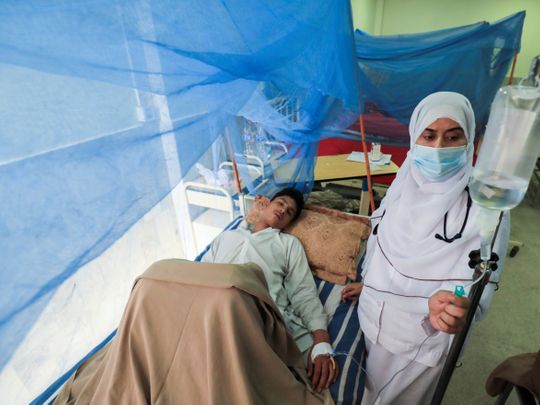
According to the World Health Organization (WHO), dengue fever is a deadly disease that has killed many people in Lahore alone, with 17,670 cases documented nationwide. This is in addition to the 600 more deaths and 5000 cases reported in other Pakistani cities. Due to Pakistan's failing health system, dengue infection causes a rapid decline in platelet count in the blood, which is challenging to treat in remote locations.
2. Malaria:
Malaria is one of the most prevalent illnesses spread by mosquitoes that you can contract in Pakistan during the monsoon season. Anopheles mosquito bites from females transmit the parasite that causes malaria. The Directorate of Malaria Control estimates that 3.7 million cases of malaria are reported in Pakistan yearly, putting 177 million of its 180 million residents at risk. The main root that causes stagnant and tropic water also causes this sickness. This water offers the elements this sort of mosquito needs to survive. Malaria is the second most prevalent monsoon illness in Pakistan. which, in actuality, according to the latest figures, is the fifth largest cause of mortality worldwide.
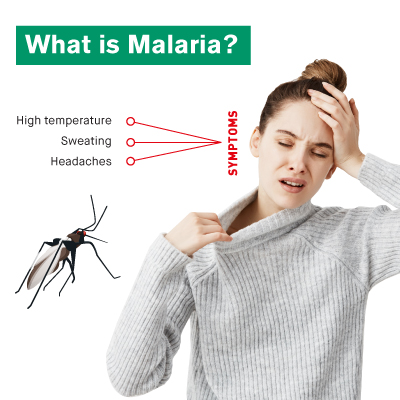
3. Diarrhea and Cholera:
In many cases, cholera, an acute diarrheal infection, is self-contained, but if untreated, it can progress to a dangerous type of diarrhea. It is brought on by the vibrio cholera bacterium. On the other hand, diarrhea is a disease brought on by viruses and bacteria. Frequent watery feces are referred to as diarrhea. Pakistan is one of the top five nations that in 2015 contributed to the most deaths from pneumonia and diarrhea, according to statistics gathered by the National Library of Medicine. There hasn't been a downtrend in the number yet. Loose or watery feces are a sign of the infectious disease diarrhea.
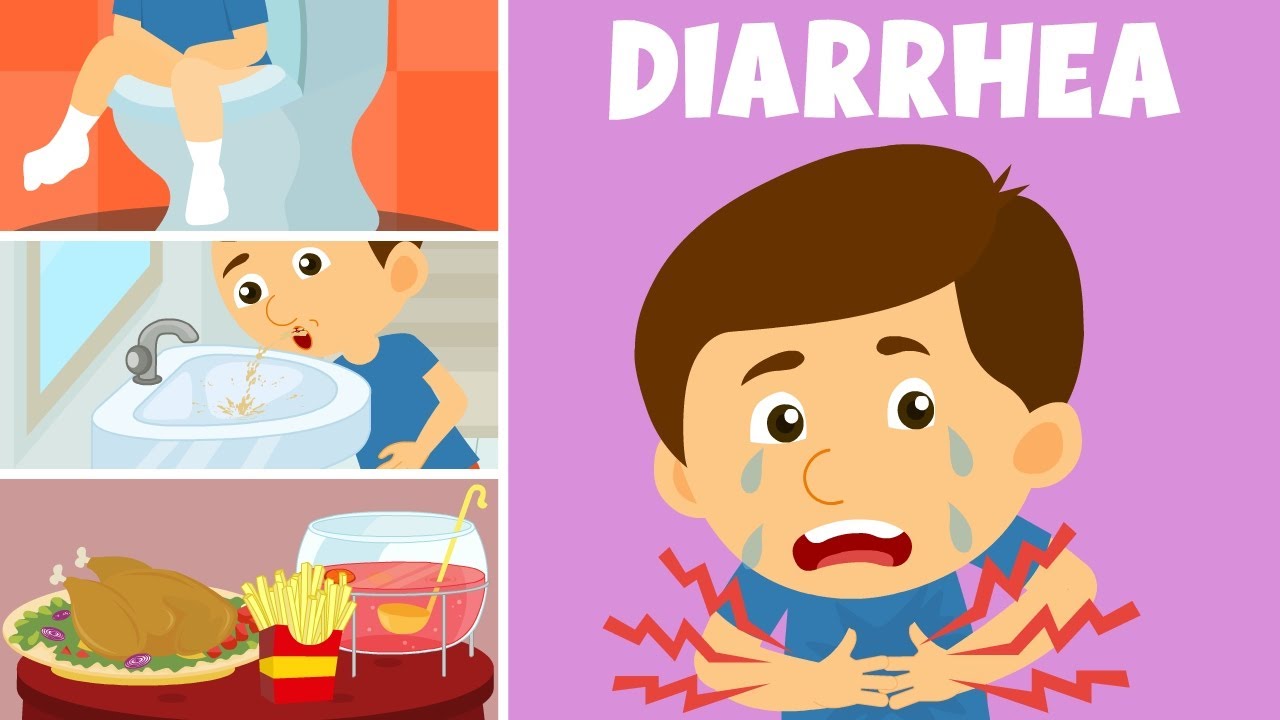
Even while the ailment isn't particularly significant and typically goes away in 2–3 days, it can occasionally be chronic and linger up to 4 weeks. The ingestion of contaminated water or food has been related to diarrhea, which can be brought on by bacteria, pathogens, or parasites. Children under the age of five may also face a life-threatening case of the disease. Diarrhea causes over 1400 child deaths each day worldwide, according to UNICEF. According to a study entitled Health Care Use Trends for Diarrhea in Children in Poor Thickly populated Communities of Karachi, Pakistan, diarrhea is responsible for 16% of all child fatalities there.
4. Gastric Problems:
During the monsoon season, digestive problems also predominate in south Asian nations. Major gastrointestinal problems like gastroenteritis are becoming more common in Pakistan. Sewage water is combined with regular subterranean water. Thus, it causes a variety of stomach problems, including gastroenteritis. Microorganisms and pathogens like bacteria and viruses are major causes of this disorder. But the rotavirus is the primary cause of cases. It is defined by signs and symptoms like nausea, fever, vomiting, and diarrhea.
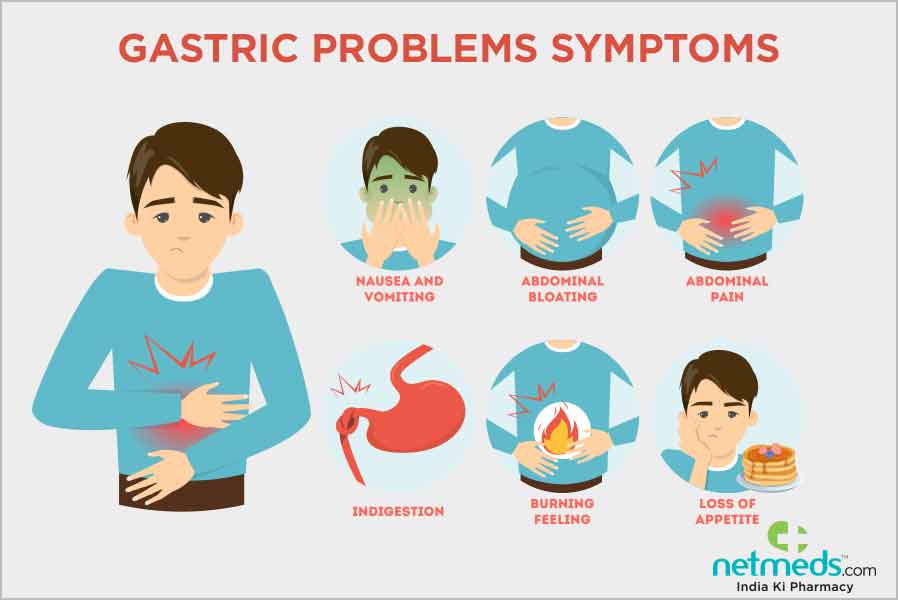
5. Hepatitis Types A and E:
The major ways that hepatitis A and E are transmitted are through contaminated food and water. Rainfall can raise the chance of contracting monsoon illnesses like hepatitis A and E. Rainwater can cause gutters and pipelines to overflow which allows the sewage to seep through into water tanks and water supply lines. According to reports, hepatitis is highly prevalent in Pakistan, where one in ten persons gets the disease.
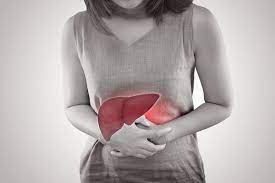
6. Typhoid fever:
Another aquatic bacterial infection brought on by Salmonella is "typhoid." It has been widely spread in Pakistan. This illness is brought on by consuming food or water that has been tainted with an infected person's feces. The Widal test, alongside any blood, bone marrow, or stool cultures, is wont to diagnose. The disease's symptoms embrace a persistent warm temperature, painful abdominal discomfort, headaches, and frequent projection. The worst aspect is that, even after a patient is cured, the disease's infection may still be present in the gall bladder.

7. Skin sensitivity:
One may argue that Pakistan only needs a little rain to see a huge epidemic of several diseases. People who reside in flood-affected areas frequently suffer from skin allergies. Due to an inadequate drainage system, water frequently lingers in one place for days or even weeks. Numerous microscopic live creatures use this lifeless, motionless water as a home. The effect of these bacteria is heightened sensitivity and a variety of skin allergies.
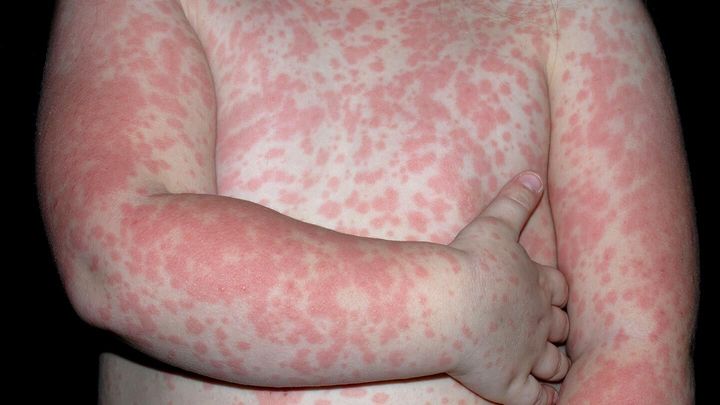
Preventive measures for Avoiding Pakistan's Common Monsoon Diseases
During this monsoon season in Pakistan, it is important to be safe by taking all required precautions against monsoon illnesses like:
1. Utilize proper hygiene
Maintaining proper hygiene is important. They can shield you from a variety of other diseases and symptoms in addition to monsoon-related ones. During the monsoon season, you should pay extra attention to personal hygiene and clean your hands carefully before and after every mealtime and after using the powder room.

2. Apply mosquito repellents
Since they flourish in stagnant water, mosquitoes are a serious problem in Pakistan during the rainy season. To keep mosquitoes away, be sure to use mats, coils, and insect repellents. To avoid mosquito bites, it is preferable to wear proper shirts when going outside.
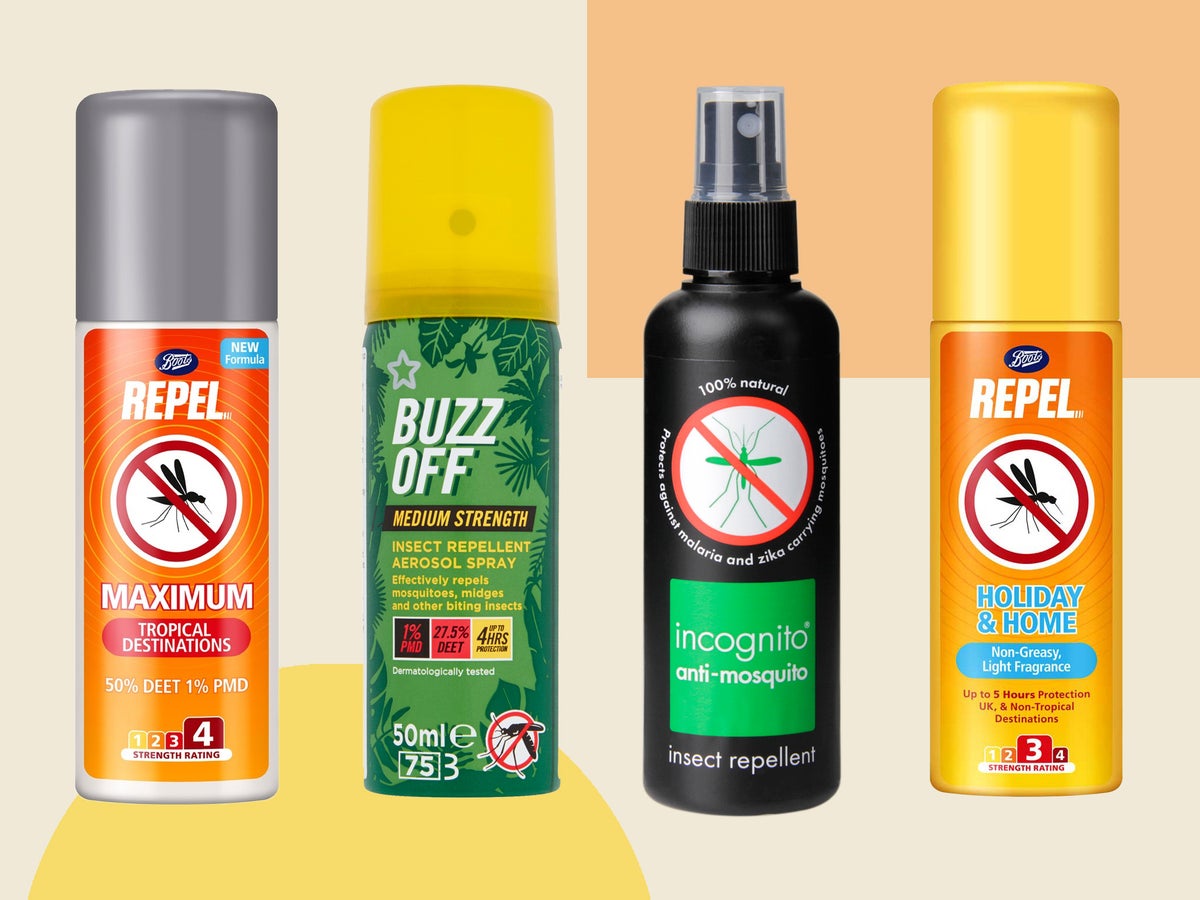
3. Healthy Eating for Good Health
Consuming tainted food allows for the spread of several monsoon illnesses. To avoid contracting monsoon diseases, you need to be partition ularly careful about what to eat during rainy sea the son. It's vital to avoid eating street food during the rainy season since it may include a variety of ailments that are brought on by contaminated food.

4. Avoid congested areas.
In Pakistan, the monsoon season gives rise to dangerous illnesses that are easily transmitted through contact. You should stay at a proper distance and limit busy areas like shopping centers, etc. to lower your risk of contracting a fatal disease.
5. Consume pure water
Water pollution is particularly prevalent during the monsoon season. It is recommended to drink packaged or tap water to avoid contracting any illnesses that are transmitted by contaminated water.

6. Check For Areas Inside Your Home
As was previously mentioned, mosquitoes are the primary vector for many monsoon infections. Therefore, it is essential to highlight the search for such areas in the home that may host mosquito larvae. If water is still present, dispose of it or make an effort to avoid storing it in open barrels and baskets.
7. Avoid consuming unclean food products.
One should make an effort to eat organic foods. Meals prepared at home should take precedence over the food served in hotels and restaurants. Unsanitary and disease-filled dietary products may interact with the stomach, resulting in several disorders.
Conclusion:
The only method to avoid contracting monsoon infections during the monsoon season is to take the appropriate safeguards. You can maintain your health roughout the monsoon season if you take the proper precautions in Pakistan. It is advised to speak with a suitable internal medicine specialist in all main cities of Pakistan for advice and assistance if you are suffering from an illness during the monsoon season.


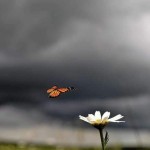
You must be logged in to post a comment.